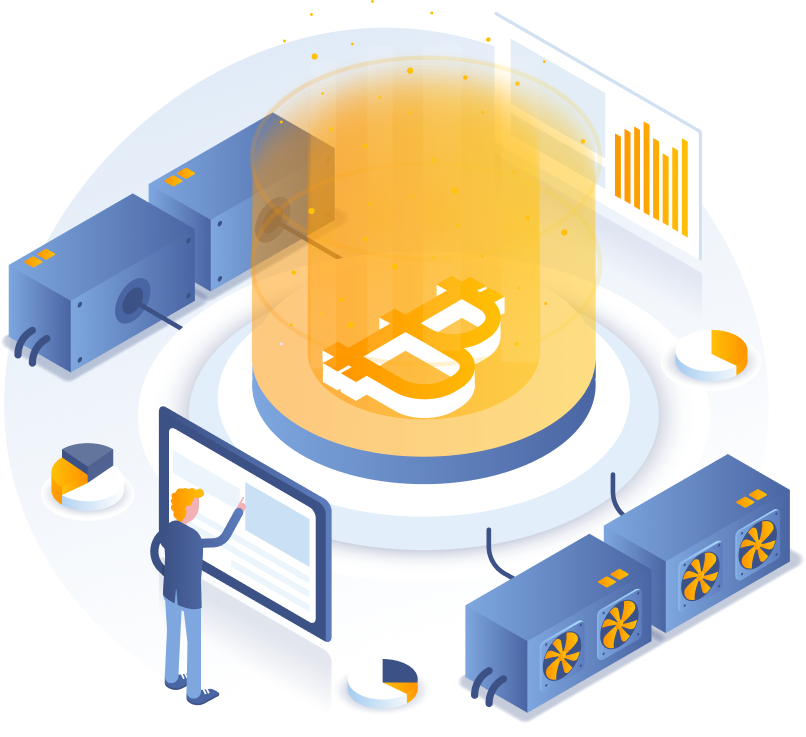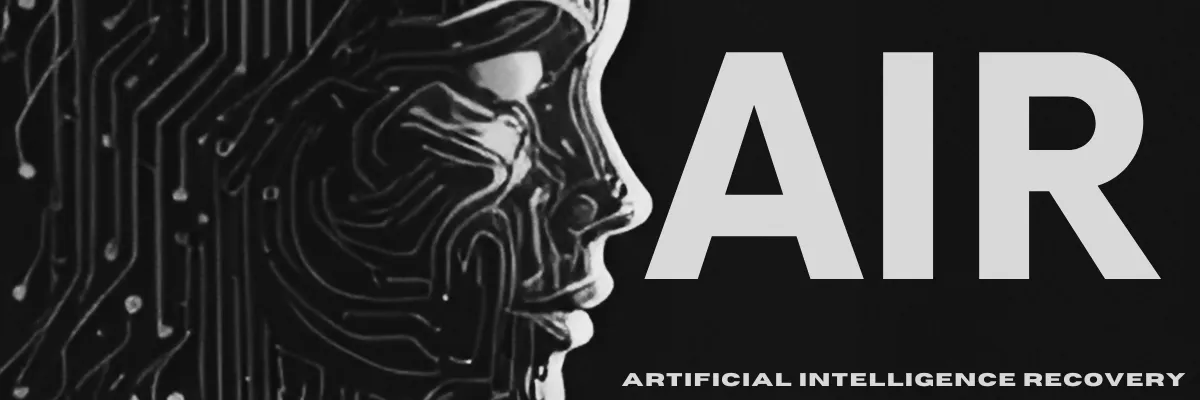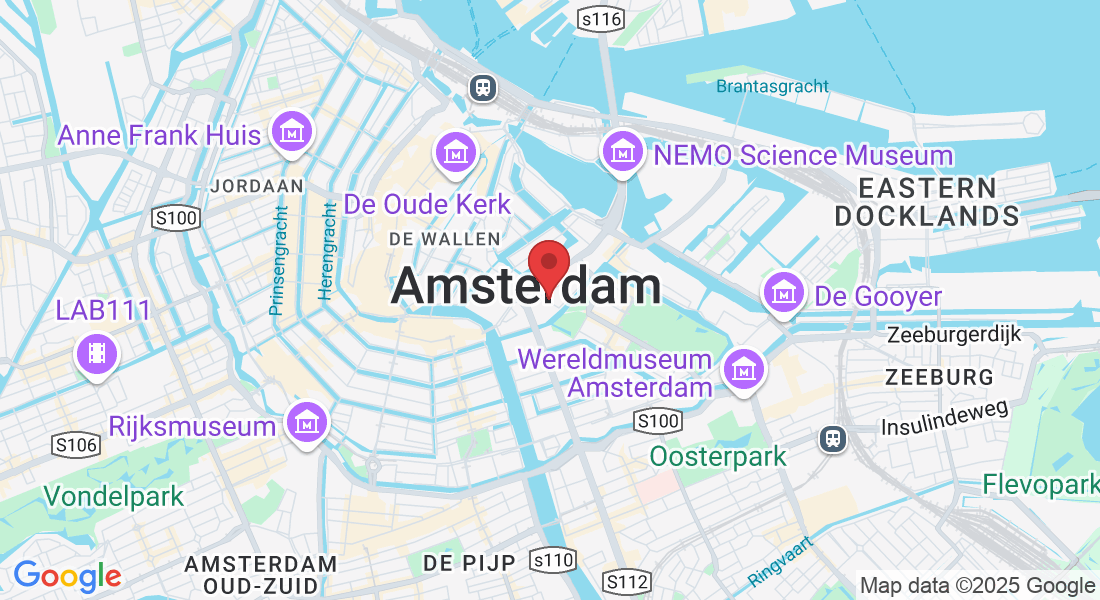Blockchain Explained
The blockchain offers cutting-edge solutions for safely and precisely tracking data. The blockchain is also the site of a significant amount of fraud.
One of the most paradoxical features of this new technology is that it was first welcomed for its ability to combat fraud. Blockchain fraud is common, but the same technology has made cryptocurrency scams lawless.
Blockchain technology uses a ledger-based system to record transactions accurately. A new block is formed on the blockchain whenever a new transaction or additional information is added. The blockchain has several uses, including contracts, property records, financial data, and banking information.
How Blockchain Prevents Fraud
Data is recorded using blockchain technology in a chain-like structure. There is not a single link in this chain that can be altered or removed. As a result, transactions that have already been made cannot be undone. One of the main draws of using the blockchain to avoid fraud is the difficulty of forging transactions.


Why, Then, Is There So Much Blockchain Fraud?
The blockchain not only defends law-abiding citizens, but it also gives savvy criminals who understand how to commit blockchain fraud a place to hide. When this happens, fund recovery is challenging because the blockchain was not designed to handle refunds or chargebacks. Blockchain technology is also nominally anonymous. Despite the fact that every transaction is recorded, there are no names connected to these transactions.
Although it can be challenging, recovering money lost through blockchain fraud is possible. The only thing you need is a fund recovery firm with extensive experience in the crypto recovery process.
Consumers seeking to recover money lost to cryptocurrency fraud and other forms of blockchain fraud are guided by Artificial Intelligence Recovery experts. In order to help with fund recovery, we meet with clients, study brokers, and produce intelligence reports. In some cases, we can assist clients in recovering cash through chargebacks and/or wire recalls that were misappropriated through blockchain fraud.
Advantages and Disadvantages of Blockchain Tech
Each innovation has its advantages and disadvantages. Blockchain technology undoubtedly has both. The following are some of the main benefits: digitized and accurate, not centralized, so it is harder to hack, anonymity, an alternative to regular banking and services, and built-in blockchain fraud protection.
On the plus side, the blockchain can be used to store data in a fashion that does not require third-party verification and can be more accurate and efficient. It can eliminate the potential for inaccuracy because it is computer-driven, and blocks are added in real time rather than recorded through a separate process. The blockchain not only eliminates human mistakes, but it also eliminates fraud.
Hacking has so far been impossible with the blockchain. Any effort to tamper with any transaction will be promptly and easily recognized because all transactions are recorded. Additionally, the hack would leave traces. Every transaction is accurately tracked, time-stamped, and anonymous.
Transparency, accuracy, and security are the main components of blockchain fraud prevention. Although the blockchain is used for crypto, it can be an alternative to banking and can eliminate extra fees, errors, and hacking problems.


The Blockchain Explained
A common misconception is that blockchain technology is difficult. It is, in a sense, but it can also be simple. Consider blockchain technology as a network of thousands of computers that serves as both a chain and a database.
The creation of new blocks using blockchain technology includes many transaction records or pieces of data. The blockchain is controlled by a decentralized network of thousands of computers that operate as a ledger. A collective and continuous effort is being made to control the blockchain rather than a single, centralized entity.
DLT, or distributed ledger technology, powers the blockchain. DLT has programmable, secure, anonymous, collaborative, distributed, immutable (i.e., it cannot be changed), and recorded characteristics.
Systems like new contracts can be processed using blockchain technology because it is actually a simple program. Every block or piece of data is completely encrypted to protect it from hackers, making it secure. On the blockchain, real names are not used, which increases security. That occasionally acts as a method of preventing blockchain fraud.
Participants in the blockchain must all agree and validate transactions. Additionally, all participants receive access to the records and all information. All transactions on the blockchain are time-stamped, so users know when they were added. Again, they cannot be modified or removed.
Disadvantages of Blockchain Technology
Disadvantages include anonymity, blocks that cannot be revised or changed, environmental impact, lack of oversight and regulation, a tendency to attract illicit users, and a high incidence of blockchain fraud.
Some advantages of the blockchain may have their own disadvantages. For example, anonymity might give trustworthy users a greater sense of security. However, anonymity can also give online thieves a cover and a location where they can secretly launder the stolen money. Blockchain fraud may increase as a result.
The immutability of the blocks guarantees a trustworthy record of transactions. Chargebacks and refunds, however, are not available as a result.
Additionally, even when a client has a legitimate complaint, merchants and brokers that do not wish to return money to customers can easily dismiss those demands. They can always argue that since blockchain transactions are irreversible, they are all final. This kind of blockchain fraud is very common.
Even Elon Musk, a strong supporter of bitcoin and blockchain technology, has occasionally sounded the alarm about the effects of bitcoin mining on the environment. The tens of thousands of computers required to run it and manage bitcoin blocks consume a huge amount of energy and produce a significant quantity of carbon dioxide.
One of the key reasons for the exponential rise in blockchain fraud and cryptocurrency scams is the absence of blockchain regulation. Because cryptocurrency transactions are anonymous and because it has not yet been classified as a type of security, government oversight organizations do not control them. As a result, crypto scams are common and are defrauding users of millions of dollars.
The need to regulate the blockchain is growing, but countries have not yet coordinated a global framework to make it possible. Consumers who lose money through fraudulent blockchain transactions and cryptocurrency transactions must rely on fund recovery organizations to help them get their money back.
Artificial Intelligence Recovery has extensive experience in crypto recovery and can provide tools for successful fund recovery. We understand how crypto scams work, how to uncover them, and how to use the blockchain for fraud protection.
It’s crucial to get assistance right away if you’ve lost money to financial fraud. We can create an intelligence report to submit to the proper law enforcement authorities by talking with the specialists at Artificial Intelligence Recovery and giving us the data we need.


Do You Have a Complex Dispute?
Did you pay with a credit card or debit card, bank wire, or cryptocurrency and got scammed? Let’s get your money back!
Artificial Intelligence Recovery
Artificial Intelligence Recovery is registered with the Information Commissioner’s Office in Respect of the Data Protection Act 2018, Number: ZA664835
Artificial Intelligence Recovery operates as a Limited Liability Company, adhering to the regulatory guidelines set forth by the Financial Service Complaint LTD (FSCL) in UK, the American Bar Association Model Rules of Professional Conduct, and the Solicitors Regulation Authority (SRA). Please note that while we offer free consultations, we retain the discretion to decline any case at our sole discretion.
It is important to clarify that our services are not extended to residents of the USA, Iran, Iraq, Nigeria, India, Pakistan, and Saudi Arabia. We appreciate your understanding in this regard.
Phishing:
artificialintelligence-recovery.com regards phishing and spoofing attempts against our clients very seriously. We advise you to verify that the email you receive from artificialintelligence-recovery.com is indeed sent from artificialintelligence-recovery.com If you are sent any type of communication carrying our name that looks suspicious, please forward a copy to us at [email protected]
Office:
Muiderstraat 7b, 1011 PZ Amsterdam, Netherlands
Call
+44 2045 257631
+31 8520 86364
WhatsApp: +31613585718
Email:

